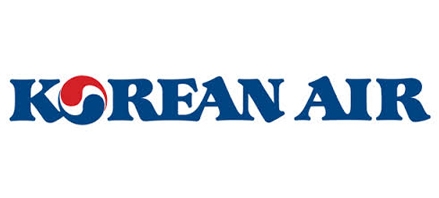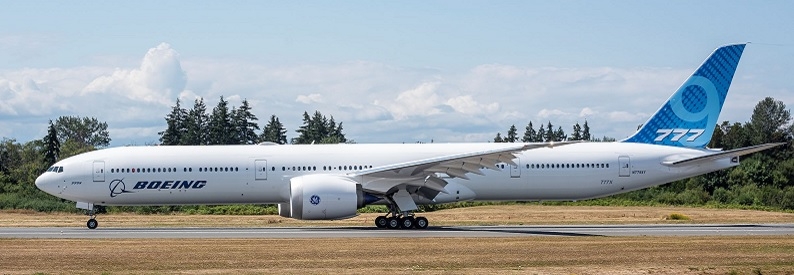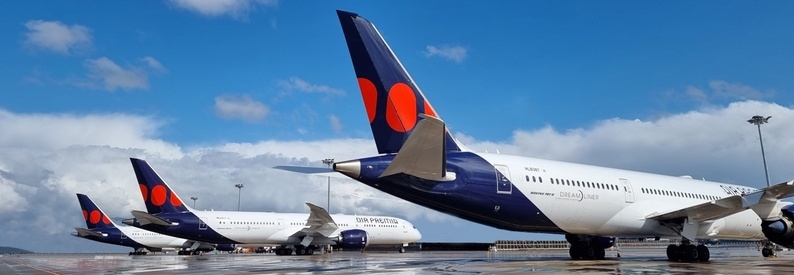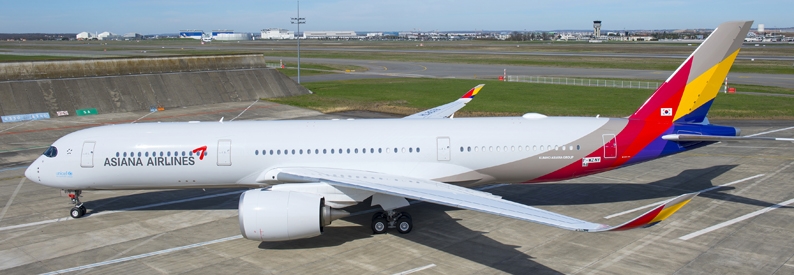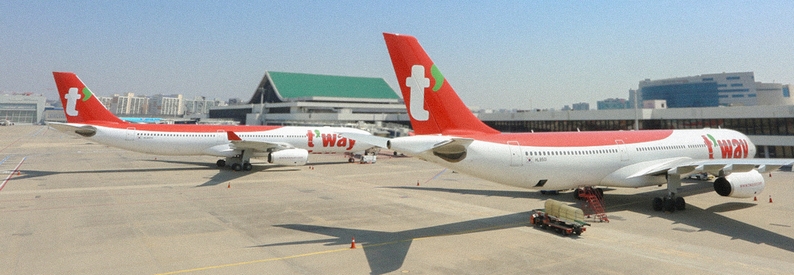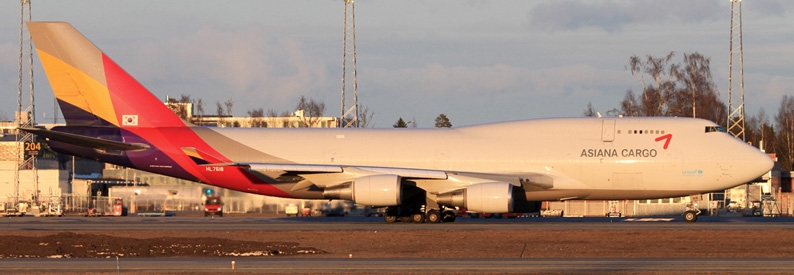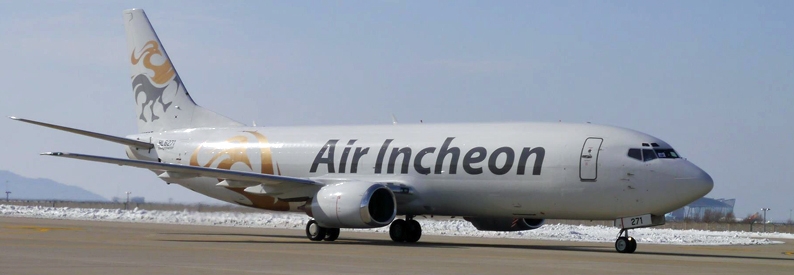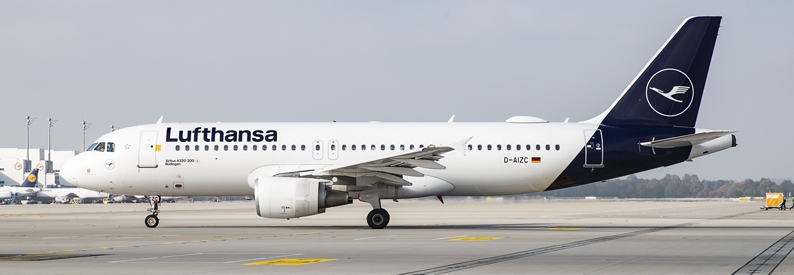Korean Air (KE, Seoul Incheon) has accepted most of the conditions imposed by European Commission regulators to secure approval for its proposed merger with Asiana Airlines (OZ, Seoul Incheon), and it will formally submit an amended application to Brussels on September 27 accepting those conditions, Yonhap News Agency reported.
The conditions include selling Asiana's profitable cargo arm, exiting certain routes between South Korea and the European Union, and giving up slots at some EU airports. The routes that Korean Air or Asiana have proposed dropping include Seoul Incheon - Rome Fiumicino; Seoul Incheon - Paris CDG; Seoul Incheon - Frankfurt International; and Seoul Incheon - Barcelona El Prat.
ch-aviation capacities data reveals Korean Air and Asiana have a combined 60.06% market share (measured by seat capacity) on the Frankfurt route, which they share with Air Premia (YP, Seoul Incheon) and Lufthansa (LH, Frankfurt International). They have a combined 67.01% market share on the Paris route with Air France (AF, Paris CDG) taking the remainder. On the Barcelona route, the two carriers have a combined 76.2% market share, with Air Premia, another Korean operator, taking the remaining 23.8%. Korean Air and Asiana are the only operators on the Seoul - Rome route.
Korean Air has previously demonstrated a willingness to surrender routes and slot pairs to get merger permission. It handed over seven slot pairs on Seoul - London Heathrow earlier this year to Virgin Atlantic (VS, London Heathrow) to secure approval from the UK's Competition and Markets Authority and gave up 46 slot pairs across multiple airports in mainland China to get the green light from that country's competition regulator. There are also reports the airline has offered to surrender slot pairs at San Francisco and New York JFK to get the support of US antitrust authorities.
Also set to go is Asiana's lucrative cargo arm which generated KRW3 trillion won (USD2.2 billion) in 2022 - more than half of the airline's total revenues that year. Korean Air's cargo arm, which is larger and will remain intact with its current owner, achieved revenue of more than KRW10 trillion (USD7.4 billion) in 2022.
The proposed merger, which involves Korean Air buying a 63.9% stake in Asiana for KRW1.8 trillion (USD1.3 billion), was launched in late 2020 in a bid to generate greater synergies. The flag carrier had hoped to close the merger in 2021, absorb Asiana, and become one of the world's ten biggest passenger airlines by 2022. Instead, it has struggled to secure the necessary regulatory approval in several key markets.
"If they give up the cargo business and sell off the lucrative routes to foreign rivals, it would harm Korea’s national competitiveness in the aviation industry,” an unidentified airline source told the Korean Economic Daily.
In its preliminary review, the European Commission said it would reject the merger proposal, citing serious competitive issues. However, it is allowing Korean Air and Asiana to respond to those cited issues. This week's submission and acquiescence to the EC's concerns is that response. The United States competition authority has also issued a preliminary review result, indicating it would reject the merger. Korean Air is also addressing those stated issues. While a response from Japanese authorities has yet to be forthcoming, the airline does not expect any significant objections from that jurisdiction.
“We have staked 100% on the Korean Air-Asiana merger," said Korean Air CEO Cho Won-tae in June. “We will make it happen no matter what we have to give up.”
